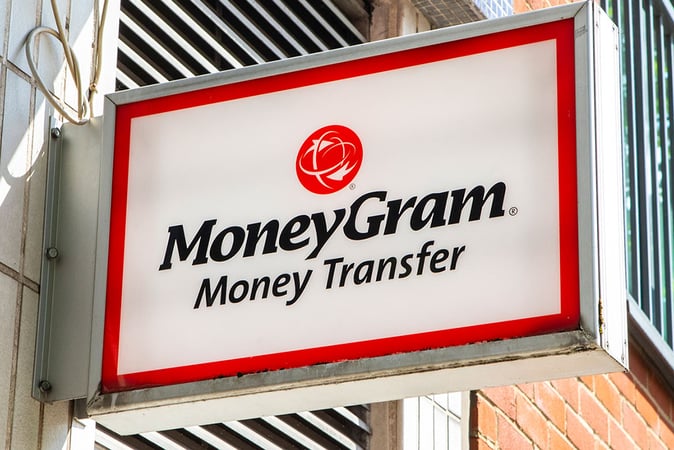The new MoneyGram non-custodial wallet will provide a more flexible way for users to handle funds and make transactions cheaper.
International peer-to-peer payments and money transfer giant MoneyGram International has announced its intention to launch a non-custodial wallet to bridge crypto and fiat. According to MoneyGram, users will be able to exchange funds between fiat currency and the USDC stablecoin.
The MoneyGram wallet confirms the payment company’s interest in crypto. According to CEO Alex Holmes, the new wallet is MoneyGram’s way of looking into using blockchain technology to help people move funds around the world. Holmes said the plan is to support fiat transfers via blockchain technology without forcing people to end up with cryptocurrencies.
MoneyGram’s current service requires users to send funds to pick a destination. The user cannot decide to pause the transfer and hold funds in one fiat or another and can only send or receive the sent or selected fiat.
Holmes notes that crypto solves this problem. Using the non-custodial wallet, any user can deposit cash and then hold the funds as USDC in the wallet until they are ready to transfer to their preferred fiat.
The MoneyGram Wallet
MoneyGram’s non-custodial wallet will not function like other wallets in the market. Unlike most crypto wallets, compatibility will only be between MoneyGram wallets. While this generally limits functionality and interaction with the crypto market, it protects the giant payment company from regulatory problems.
Using USDC for remittances also helps to reduce cross-border transaction fees. At the moment, MoneyGram transactions usually cost customers about 3%. Although this is smaller than the World Bank’s noted 6.3% industry average, MoneyGram hopes to considerably reduce this fee to less than 1%, typical of digital transactions.
According to Holmes, the company will temporarily restrict wallet access to about 40 countries with capacity for the digital KYC process. Holmes said:
“We’re redefining paradigms around what it really means to move money between fiat currencies… We’re turning MoneyGram into a global ATM concept using blockchain.”
Other MoneyGram Crypto Endeavors
Last month, cross-border payments platform Stellar announced an investment in MoneyGram and became a minority holder. Stellar plans to use the investment to support MoneyGram with blockchain technology research, digital businesses, and finding easier ways to help people handle money.
Last November, MoneyGram introduced crypto trading to its app, letting users buy, sell, and hold cryptocurrencies. The feature was made possible via a strategic investment in Seattle-based crypto and cash exchange firm Coinme. According to MoneyGram’s website, users can buy or sell seven cryptocurrencies, including Bitcoin (BTC), Ethereum (ETH), Chainlink (LINK), Stellar Lumens (XLM), Dogecoin (DOGE), and Polygon (MATIC). The service is available in all US states, excluding New York, Idaho, Hawaii, and the District of Columbia.
Back in 2019, MoneyGram entered a partnership deal with Ripple to US XRP for cross-border transactions and international settlements. However, the agreement became problematic after the United States Securities and Exchange Commission (SEC) sued Ripple. Following the lawsuit, the agreement was put on hold and eventually canceled. Ripple CEO Brad Garlinghouse officially announced an end to the partnership in 2021.
Tolu is a cryptocurrency and blockchain enthusiast based in Lagos. He likes to demystify crypto stories to the bare basics so that anyone anywhere can understand without too much background knowledge.
When he’s not neck-deep in crypto stories, Tolu enjoys music, loves to sing and is an avid movie lover.




